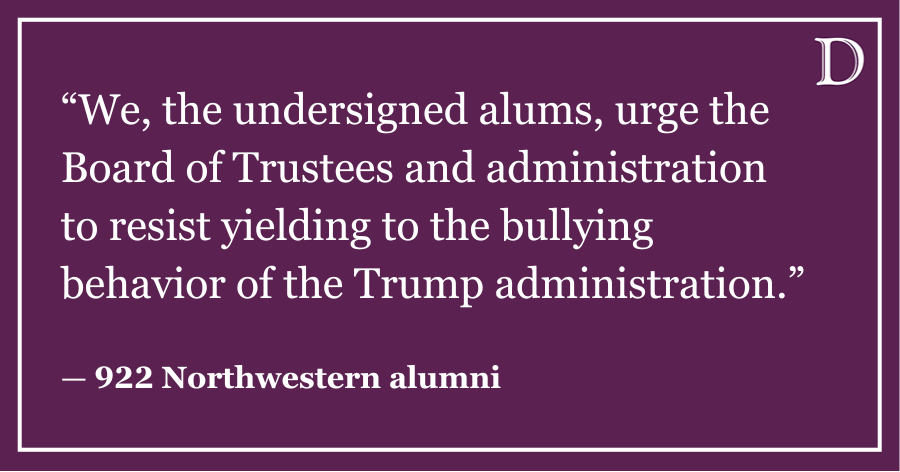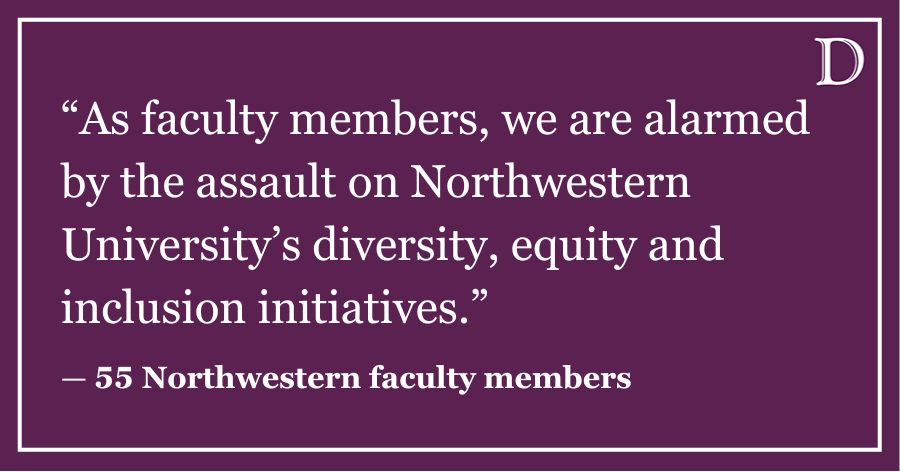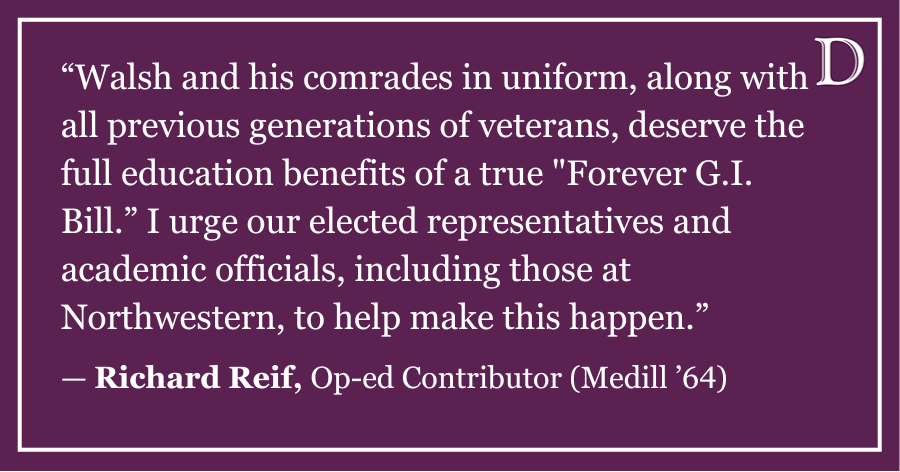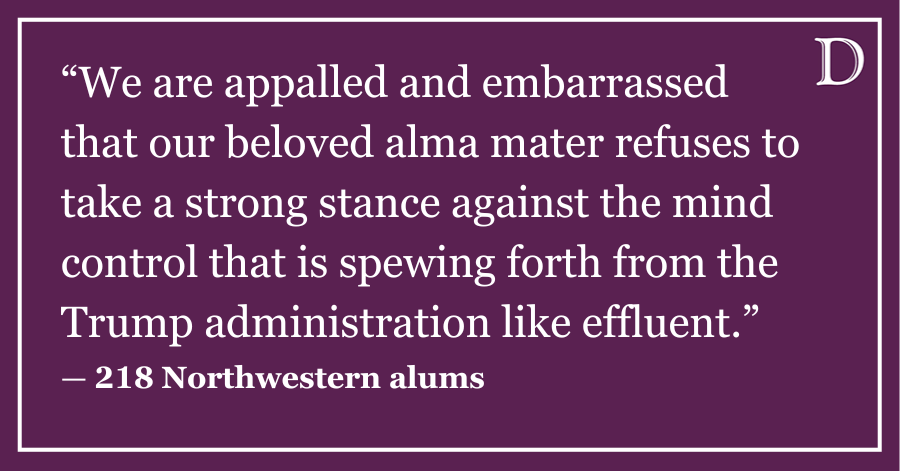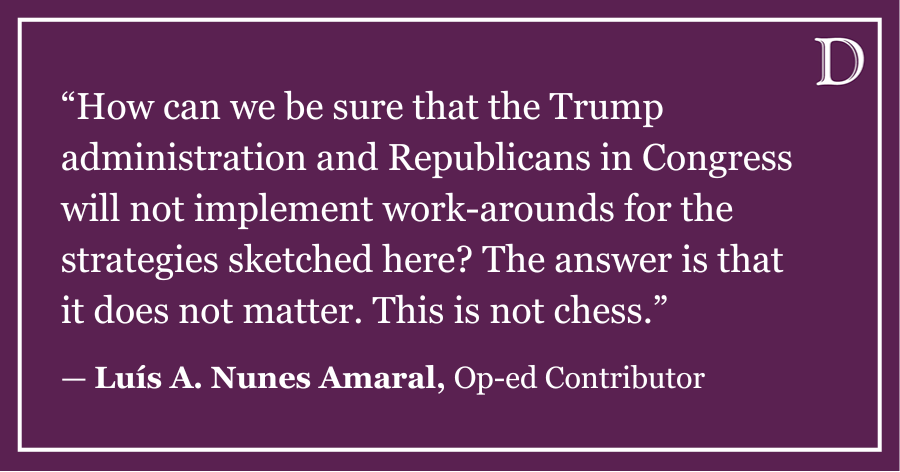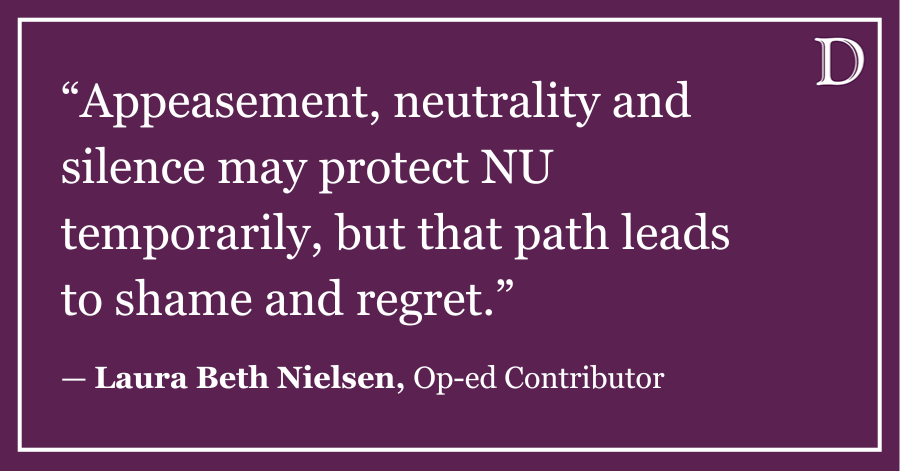Dear District 202 Board President Pat Savage-Williams and District 65 Board President Sergio Hernandez:
When my kids were young, I volunteered on the now defunct “Joint Legislative Task Force” of Districts 65/202. Founded in 1979, this PTA Council-led group brokered dialogue between Evanston/Skokie school officials and our state and federal policymakers for three-plus decades.
During my seven years as chair and co-chair, the task force covered many topics and once even made an impact. Our 2009 policy statement clarified the role of multiple levels of government to help ensure “children receive the nutrition needed to enhance the capacity to learn.”
Adopted by both school boards, the “Healthy Communities” resolution:
1. Accelerated food system improvements — i.e. quality of school meals, establishment of on-campus food production assets and expansion of community partnerships
2. Led U.S. Rep. Jan Schakowsky (D-Evanston) to co-sponsor a federal law establishing the U.S. Department of Agriculture Farm-to-School grant program
3. Gave District 65/202 a seat at the table for the rise and fall of Gov. Pat Quinn’s Illinois Local Food, Farms, and Jobs Council
A gubernatorial commission was the brainchild of Evanston community leader Debbie Hillman, who passed away in 2023. Debbie worked with then-State Rep. Julie Hamos (D-Evanston) to enact two state laws. The first, passed in 2007, established an Illinois Stewardship Alliance-sponsored study group. Its work led to a 2009 law authorizing creation of a council to facilitate local food systems statewide.
I represented our school districts on the short-lived council. Trips to Springfield brought me into contact with people from Rockford to Carbondale. Isolated all, seeking connectivity.
The catalyst for well-resourced local food systems, I realized, isn’t going to be the central government.
In a 2015 Evanston Roundtable essay, I made the case for embedding food and farm enterprise into Evanston’s community-development programs.
Last summer, I brought this topic to the attention of Darlene Cannon, who then chaired Evanston’s Equity and Empowerment Commission. Darlene invited me to research how the Commission could help ensure that everyone in Evanston can access nutritious food.
At the Commission’s December meeting, I reported on our abundance of community-centered food and agriculture activity — people feeding themselves, neighbors and schoolchildren; people selling into nearby market channels.
What’s missing is more cooperation between these eight units of local government: the City of Evanston; the village of Skokie; the Evanston and Skokie library boards; Cook County; Metropolitan Water Reclamation District; the North Cook County Soil and Water Conservation District and Oakton College.
In January, members of the Equity and Empowerment Commission Chair wrote a letter urging the City-School Liaison Committee to update the 65/202 Healthy Communities resolution. The letter described changes over the last 15 years and the need for health and community programs to better connect people through food, nutrition and learning.
The City-School Liaison Committee is the logical platform to convene a public dialogue on how to seize this community reinvestment opportunity. Local governmental food policy could yield benefits in the District 65/202 service area and beyond.
Two decades ago, Evanston/Skokie had a hand in trying to organize and activate a statewide network of thriving local farm economies. The need is greater today. That is why I urge you to take up this topic for discussion at the next committee meeting on April 22.
Thank you for your consideration and for your service to our community.
Bob Heuer is a resident in Evanston, Illinois. If you would like to respond publicly to this op-ed, send a Letter to the Editor to opinion@dailynorthwestern.com. The views expressed in this piece do not necessarily reflect the views of all staff members of The Daily Northwestern.






